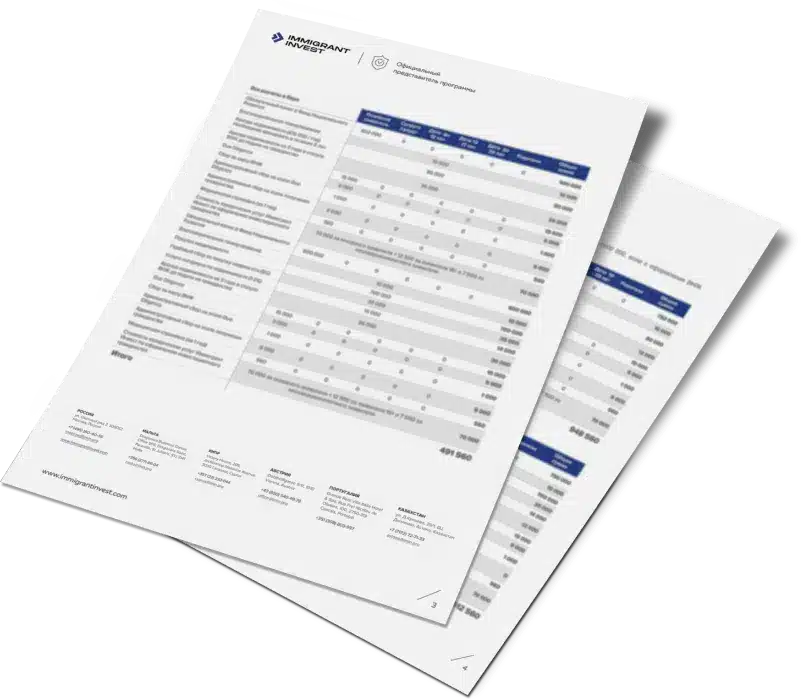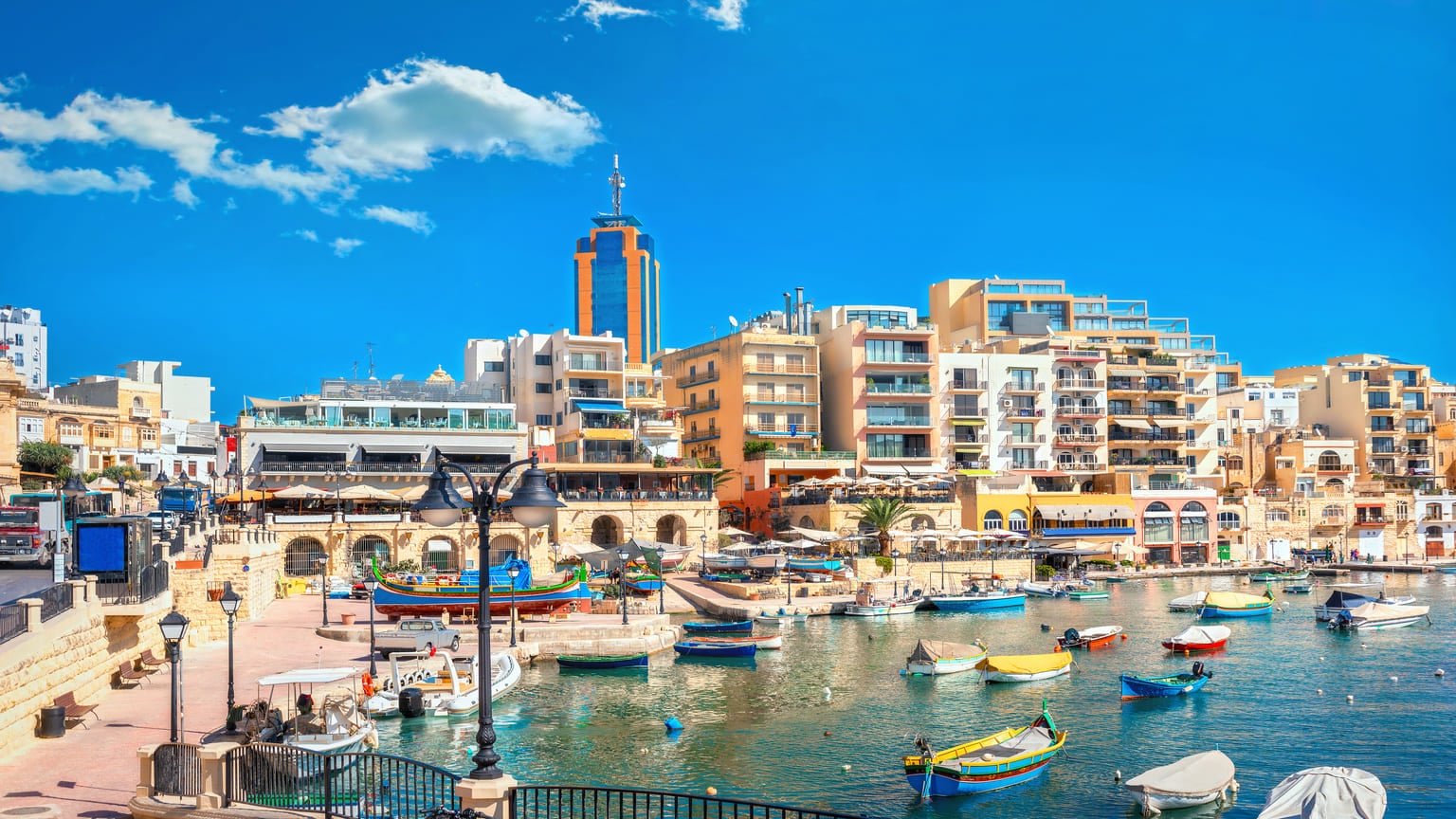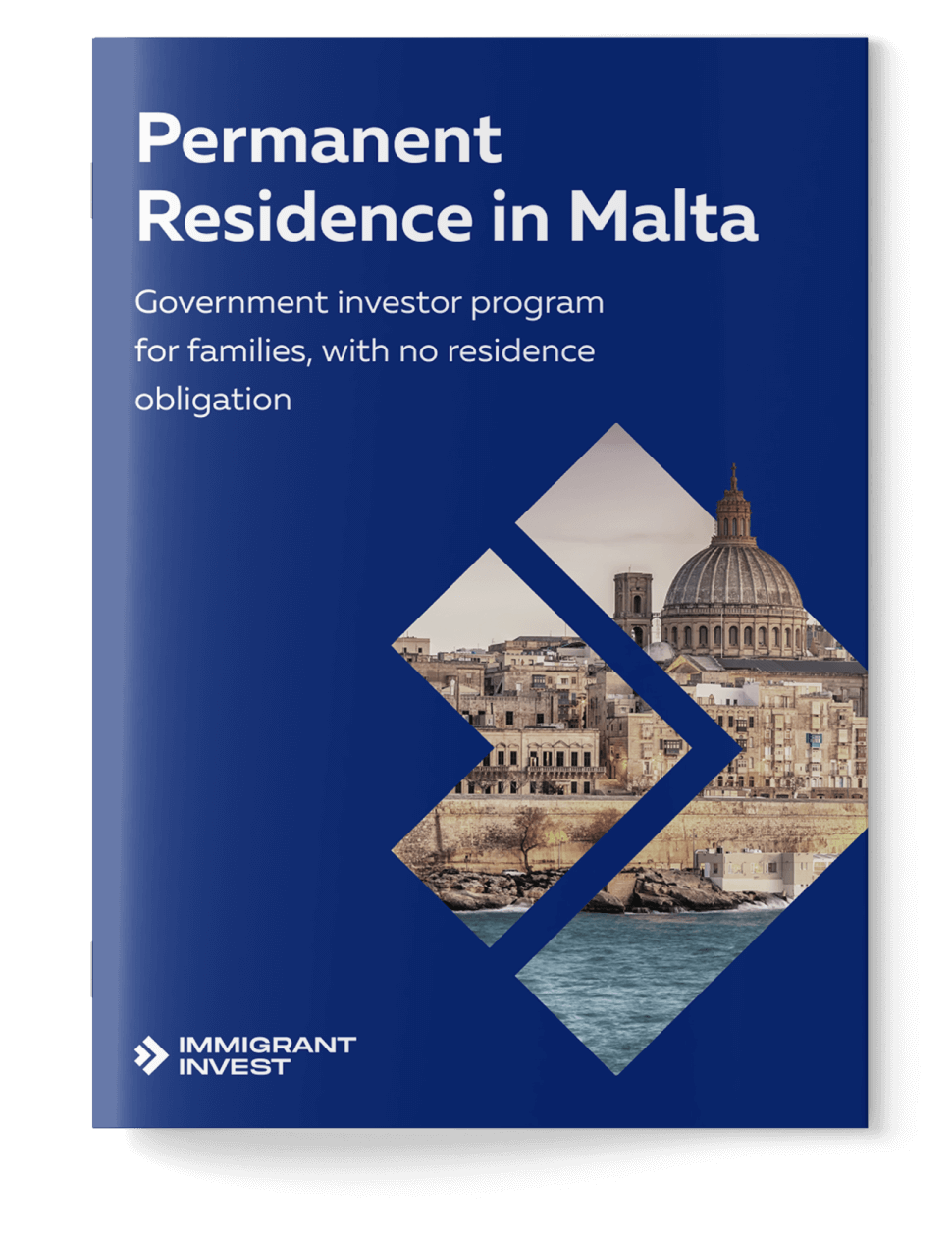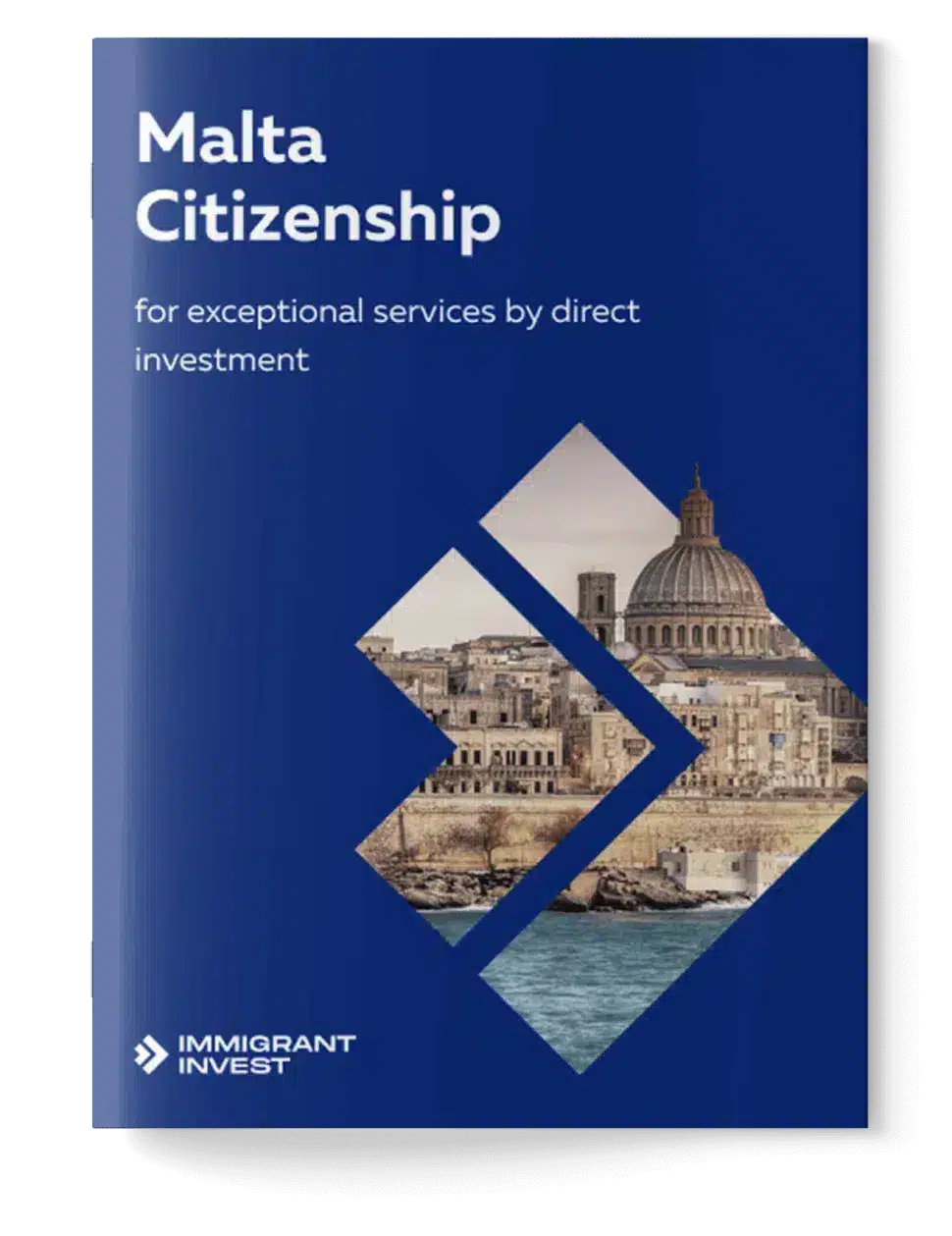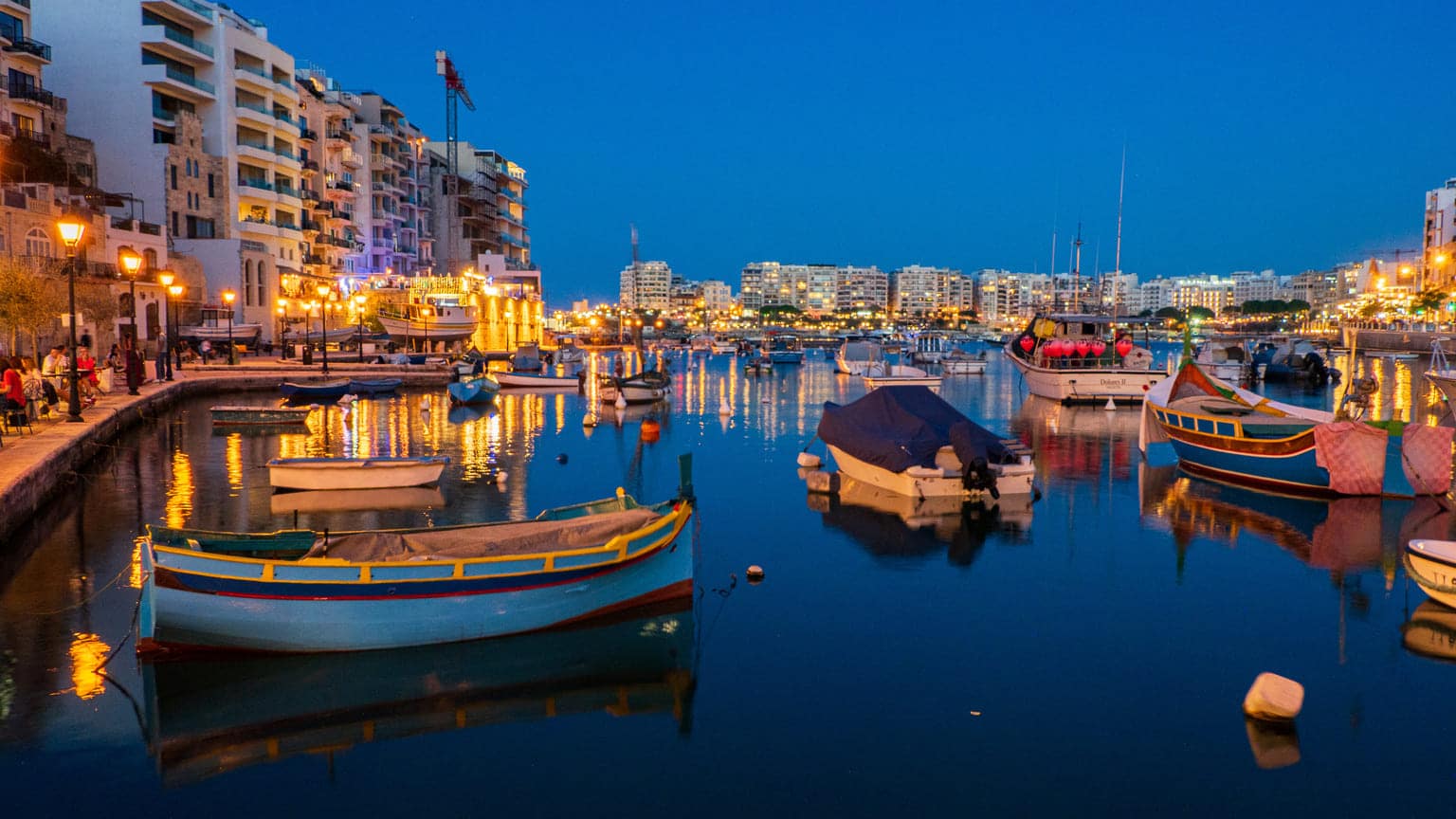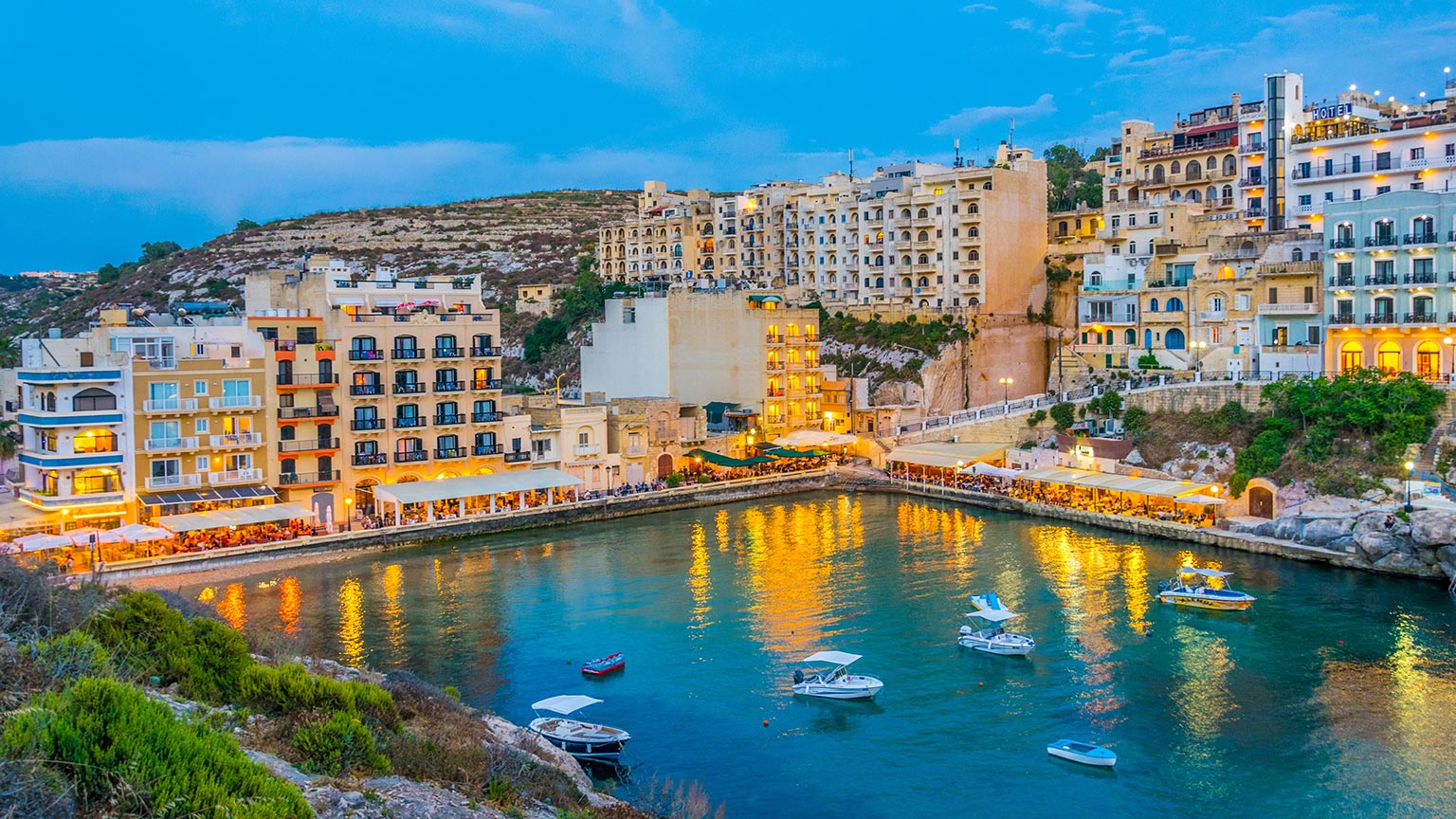How to set up a new company in Malta: a step-by-step guide
The business registration process in Malta takes 1—2 weeks, and it is easier than in some other European countries. Here is a step-by-step guide on how to register your company.
1. Choose the company type. When starting a company in Malta, an investor can choose a private or public limited liability company, general or limited partnership or sole proprietorship.
2. Choose the company’s name. It must be original and not contain any offensive words. It also needs to reflect the business activity your company performs. In some cases, you may need to prove you are allowed to use words like “bank”, “blockchain”, or others.
3. Prepare the Memorandum and the Articles of Association. The Memorandum is a document that contains essential information about the company. That includes the type of the company, its name, the address of a registered office in Malta, the amount of share capital, the number of directors and their identifications, etc.
Articles of Association are documents that define the internal regulations of the company.
4. Deposit the minimum share capital to the local bank account. The minimum share capital for a public company is €46,587.47, and for a private company, it is €1,164.69. If you have a public company, you need to deposit at least 25% of your share capital, and if you own a private company, the deposit must be not less than 20% of the capital. After you have made a deposit, you need to receive confirmation.
5. File all the documents and pay the fee. The registration can be done online in the Malta Business Registry. Besides the Memorandum and Articles of Associations, the investor needs to provide a confirmation of deposited share capital and fill in the forms suitable for the situation.
The fee for the registration of a company in Malta depends on the amount of the share capital and the format of registration: paper or electronic. The minimum fee is €100; the maximum is €2,250.
6. Obtain a registration certificate. It is usually issued within 5—10 days if everything is fine with the documents. The certificate proves that the company can conduct business in Malta.
7. Get the required licences. The licences you need depend on the sphere you’re planning to work in. For example, companies that sell groceries need licences, while those that provide repair services don’t. Fees for licences are paid every year.
8. Obtain a PE number. PE number is a Permission to Employee number that is required by everyone who employs individuals in Malta. The process of obtaining it can take as little as one day and can be done online.
9. Register as a VAT taxpayer. To register for VAT, you will need to fill in an application form and submit it to the Office of the Commissioner for Revenue.
How to benefit from the special tax regime and visa-free access to Schengen with a Malta residence permit
Types of the Maltese companies
Limited liabilities company (LLC). Legal entities of this type can be both public and private.
The private one:
- restricts transferring of shares;
- limits the number of shareholders to 50;
- forbids the public from purchasing any shares or debentures of the company.
A public LLC is a company that doesn’t qualify as private and offers its shares or debentures to people who are not members of the company.
Partnership. There are two types of partnerships: general and limited.
The general partnership (en nom collectif) is a legal entity where partners are equally responsible for the business. There are also no liability shields: partners can’t protect their assets from legal claims or debts incurred by the business.
A limited partnership (en nom commandite) is a legal entity where at least one person is a general partner with full responsibility over the business, and others have limited liabilities. They only invest in the company but don’t participate in its operations. In case of losses and debts, they lose their money in the amount of the investment they’ve made.
Sole proprietorship. It is a type of business where one person owns 100% of the company’s shares.
Comparison of company types in Malta
| Conditions | Public LLC | Private LLC | General partnership | Limited partnership | Sole proprietorship |
| Minimum share capital | €46,587.47 | €1,164.69 | None | None | None |
| Required number of partners | 2 or more | 2 or more | 2 or more | 2 or more | 1 |
| Limited liability | Yes | Yes | No | Depends on a partner’s status | No |
| Foreigners can open a company | Yes | Yes | Yes | Yes | Yes |
Benefits of setting up a business in Malta
Short company registration time. It takes around two weeks to register a company in Malta. It also can be done both from inside Malta and remotely.
Double tax treaties. Malta has signed double taxation avoidance agreements with 81 countries, for example, with the USA, UK and other countries. It allows investors to avoid paying taxes to both states at total rates.
Reliable banking system. Malta has an open and modern banking system, and it is in compliance with EU regulations.
Low VAT rate. Malta has one of the lowest value-added tax rates in Europe. It is 18%, while the average VAT rate in this region is 21%. There are also countries like Sweden and Denmark where VAT reaches 25%.
Taxes for business in Malta
Legal entities in Malta pay three main taxes: corporate tax, VAT and social contributions.
Corporate tax. It is 35%; however, it is possible to decrease it drastically. You can refund 100% of the tax if the profit was gained from a participating holding and the Maltese company owns a share in a foreign company. There is also a possibility of returning:
- 2/3 of the tax if there is a double tax treaty between Malta and your country;
- 5/7 of the tax if the company receives passive income and royalties;
- 6/7 of the tax if the company gains profit from commerce.
VAT in Malta is 18%. It is one of the lowest rates among European countries; the lower VAT rates are in Luxembourg and Switzerland only.
Social contributions. Businesses pay 10% of the basic weekly wage of an employee.
What business to start in Malta
Malta has one of the fastest-growing economies in the European Union. Many entrepreneurs choose to open companies there due to many benefits, including tax refunds and short company registration time.
Several industries can be very profitable for those considering starting a business in Malta. All of them require getting a licence to start a business.
Education. Malta is one of the most famous destinations for studying English as it is the official language of the country and 88% of the population speaks it. Thousands of internationals come to Malta to either learn English or study in this language. So, it can be a good idea to start a school to teach English to foreigners.
Maritime. One of the most thriving industries in Malta is the maritime industry, moving people and goods on water. The reason why it’s successful is that Malta is located in the Mediterranean Sea and has one of the largest seaports there. Investors can start, for example, a company that offers shipping of goods, repair services or renting yachts out.
The financial sector is a fast-growing sector of the Maltese economy. As Malta is a part of the EU, it corresponds to all the standards that are applied to the financial services sector.
Tourism and connected services. In 2021, almost 1 million tourists visited Malta. They usually come to towns like Valletta, St Julians, and Sliema, where there are many tourist attractions, restaurants, shopping centres, etc. Investors set up restaurants, bars, and tourist agencies that offer excursions and other activities.
Gaming. Malta is one of the countries where it is legal to offer gaming services such as online casinos, lotteries, and sports betting. The country implemented The Remote Gaming Regulations in 2004, and in 2018 it was replaced by the Gaming Act.
Among the popular locations for doing business in Malta are Valletta, the country’s capital, as well as towns like Sliema, St Julians, San Gwann, Mriehel, and Gzira. St Julians and Sliema are popular among tourists, so opening a business connected to tourism there may be profitable. Also, opening a restaurant or a cafe may be worthwhile.
Gzira is a place that houses many iGaming companies. Mriehel, as an industrial area of Malta, is suitable for opening a business that needs a production area or storage facilities.
As a capital, Valletta has favourable conditions for many businesses. There you can find financial, educational, maritime and other companies.
Tips for opening a business bank account in Malta
To open a company in Malta, one needs to have a business account in a local bank. To make the process easier and faster, use the following tips.
Choose the most suitable bank. Look through the banks working in Malta, compare their fees and choose the one that suits you the most. You may consider some of the banks in Malta, like HSBC, Bank of Valletta, Sparkasse or IIG Bank.
Make sure you have all the necessary documents. You will need the following:
- a certificate of registration;
- the Memorandum and the Articles of Associations;
- an ID of the company shareholder;
- bank references containing information on all the company shareholders and directors;
- completed account opening forms;
- a source of wealth and source of funds declarations.
The bank may also require additional documents; ask for the exact list before visiting its office.
Schedule an appointment beforehand, as banks can be bustling. Take into account that bank offices in Malta usually work until lunchtime: for example, HSBC works from 8:30 am to 1:30 pm on Monday to Friday and until 0:30 pm on Saturdays.
How to obtain a Malta residence permit, permanent residence or citizenship
Investors who want to live and run a business in Malta obtain residency there. One can get a resident permit by investment or obtain citizenship for exceptional services
in 1—3 years.
Investors’ close family members may also acquire residency or citizenship in Malta.
The 15% rate applies to income that has been received outside Malta and transferred to the country; the minimum payment is €15,000. The 35% rate applies to income and capital growth that appears in Malta. Global income that is not transferred to Malta is exempt from taxation.
Another requirement for obtaining a Malta residence permit is to either buy or rent real estate. The minimum cost depends on the location.
Cost of renting a property in Malta to participate in the GRP:
- if you rent it in the north or the centre of Malta, it must be €9,600+ per year;
- in the south and on Gozo island, the minimum annual rent is €8,750+.
Cost of a property to purchase:
- properties bought in the north or the centre of Malta must cost at least €275,000;
- properties in the south and on the Gozo island must cost at least €220,000.
Besides that, the investor needs to pay an administrative fee of €5,500—6,000.
A Malta residence permit is issued for a year; then, it may be renewed for two years.
Malta Permanent Residence Programme (MPRP). One can obtain Malta permanent residence by investment. The process lasts several months, and application processing takes 4—6 of them.
An investor needs to fulfil several investment conditions:
- buy real estate for €300,000+ or rent it for €10,000+ a year;
- pay an administrative fee of €40,000;
- pay a contribution fee — €28,000 if you buy a property and €58,000 if you rent it;
- make a charitable donation of €2,000;
- confirm that they have assets of at least €500,000, where €150,000 are liquid financial assets.
The minimum amount for renting the property in the south or on Gozo island is €10,000, while €12,000 in the north and centre of Malta.
The PR status is life-long, and each card is issued for five years. To maintain permanent residence, an investor needs to have a registered address in Malta. However, after five years, there are no price requirements for the bought or rented property.
Citizenship in Malta can’t be obtained by investment. However, it is possible to get it by naturalisation for exceptional services by direct investment if you maintain residency in the country for 1 or 3 years.
There are several requirements one needs to fulfil:
- contribute €600,000+ to the National Development and Social Fund (NDSF);
- donate €10,000 to a non-governmental organisation;
- buy or rent real estate: the cost of it must be €700,000+ if it is bought and €16,000+ per year if it is rented.
Before getting citizenship, the investor must obtain a residence permit. It allows living in Malta and applying for citizenship a year or three later.
A Malta passport allows one to live there, stay in other EU states for a long time, and travel visa-free to 187 countries.
Frequently Asked Questions
Setting up a company in Malta is quite simple. You need to pass the following steps:
- Choose the type and name of the company.
- Prepare all required documents. This includes the Memorandum, Articles of Association, confirmation of depositing share capital, and others that depend on the company you plan to set up.
- Deposit the minimum share capital.
- File the application for registration and pay the registration fee.
- Get the required licence. It depends on the sphere your company will operate in.
- Obtain a PE number and register for VAT.
The whole process takes 1—2 weeks and can be done remotely.
Yes, a foreigner can open a company in Malta. They need to:
- choose a type of a company and its name;
- prepare the Memorandum and Articles of Association and file them;
- deposit share capital and get a certificate proving it;
- obtain a licence if needed;
- obtain PE and VAT numbers.
Yes, you can register your company yourself. The whole process takes 1—2 weeks.
Many foreigners choose to register companies in Malta. This country offers attractive tax rates, tax refunds and a short and quite simple process of starting a business.
MBR, or a Malta Business Registry, is a government agency responsible for registering companies and verifying that they comply with all the regulations.
The fee for registering a company in Malta depends on its share capital and whether you register in paper or electronic form. For example, for a business with a share capital of up to €1,500, you need to pay €245 if you apply offline and €100 if you apply online.
Also, some additional costs, such as legal services or bank fees, may occur.




